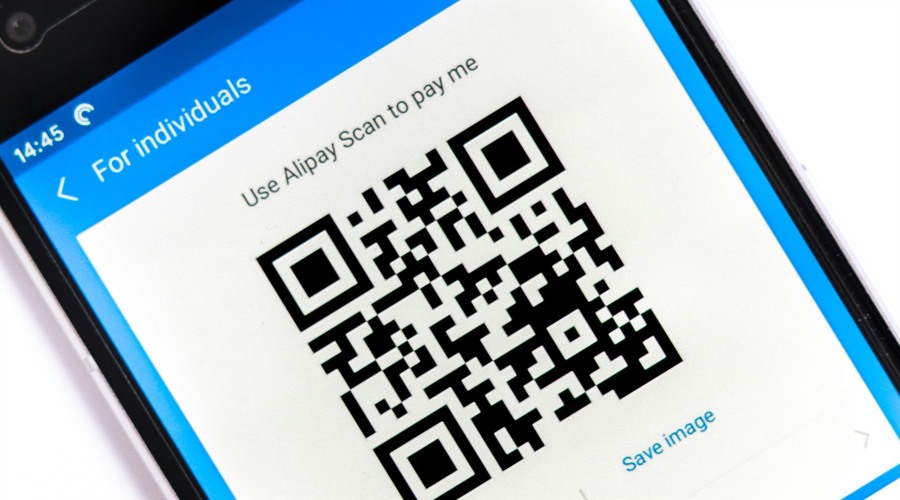How "Alipay +" Rewrites Global Business?
Ant Group's Alipay+ is quietly building a digital infrastructure that transcends borders and redefines the way society pays.

Ant Group's Alipay+ is quietly building a digital infrastructure that transcends borders and redefines the way society pays.
Unlike its predecessor Alipay, which primarily targets the domestic Chinese market, Alipay+ serves as a bridge between multiple electronic wallets, enabling international travelers to seamlessly use their home country's payment procedures abroad, eliminating the need for currency exchange or familiarity with new systems.
Driving this shift is a fundamental human desire: the need for familiarity and trust. By allowing users to utilize their trusted local electronic wallets, Alipay+ fosters a sense of security and removes a layer of friction from the consumer experience, thereby promoting a more dynamic and seamless global economy.
Challenges for Alipay+
While it facilitates an interconnected financial ecosystem, it also raises concerns about a single dominant player, particularly from a geopolitically complex country like China. In an increasingly fractured world due to ideological differences, can Alipay+ remain neutral, or will it become a pawn in larger geopolitical games?
The dominance of American financial institutions like Visa and Mastercard prior to digitization serves as a cautionary tale. They virtually monopolized the market, with exorbitant fees often disproportionately affecting developing countries. Ensuring that Alipay+ avoids replicating this pattern and instead cultivates a truly inclusive and interoperable system that benefits all participants is crucial.
The answer may lie in fostering healthy competition. While Alipay+ currently enjoys a leading position, other tech giants are undoubtedly closely watching. The potential for similar platforms tailored to specific regions or demographics is immense. This potential for competition could pave the way for a more balanced and fair digital financial landscape.
Long-Term Impacts of Alipay+
It has the potential to redefine how we interact with the world around us. A seamless payment experience can facilitate deeper cultural exchanges and understanding. Tourists no longer plagued by currency issues can focus on immersing themselves in local culture, supporting local businesses, and building meaningful connections.
Of course, regulatory barriers, data privacy concerns, and the threat of cybercrime remain significant obstacles. However, the potential benefits of a truly globalized digital payment system are undeniable. As Ant Group continues to refine Alipay+, the world watches with a mix of anticipation and apprehension. One thing is certain: the digital marketplace has begun to thrive, and its impact will be felt globally.
The Digital Silk Road
Alipay+ transcends mere tourist transactions, as digital market operations know no borders, raising some intriguing questions.
Can Alipay+ become a platform not only for transactions but also for data exchange? In this digital marketplace, will small businesses in developing countries receive fair compensation, or will dominant players squeeze them out? The rise of Alipay+ necessitates a global dialogue on responsible digital trade practices and ensuring that everyone has equitable participation in this new economic landscape.
The future of the digital marketplace is yet to be determined. Will it become a force for financial inclusion and cultural understanding, or will it exacerbate existing inequalities? The answer depends on our ability to harness the power of technology, steer it towards greater good, and nurture an open and inclusive digital ecosystem that benefits all participants.
Disclaimer: The views in this article are from the original Creator and do not represent the views or position of Hawk Insight. The content of the article is for reference, communication and learning only, and does not constitute investment advice. If it involves copyright issues, please contact us for deletion.